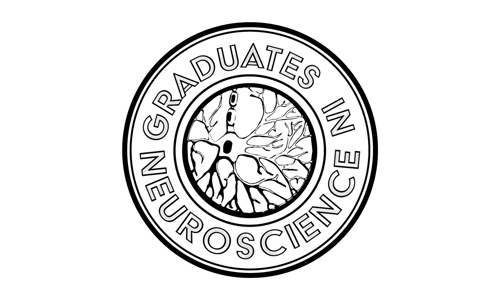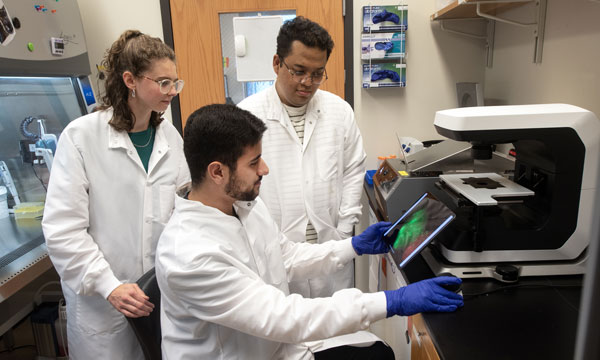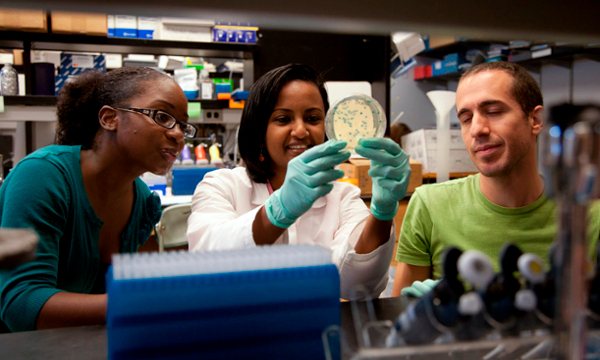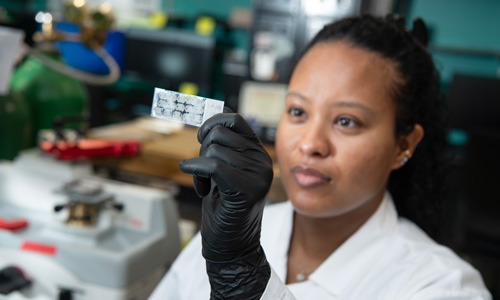Training Grants
NINDS-funded Neuroscience Training grant
This training grant represents the core external funding support of the Emory Neuroscience Program. It provides stipend support for 7 students in the neuroscience program. Students in their second year of training are nominated to be supported by this training grant based on the excellence of their academic performance during their first year of training in the program. In addition to the stipend support, this training grant allows trainees to host outside speakers of their choice invited to give talks during the program-led weekly seminars series, and provide them travel funds to attend a national conference. The faculty on this training grant is extremely diverse and interdisciplinary, providing students with a broad range of neuroscience disciplines to choose from for their doctoral training. The continued growth of the Emory neuroscience faculty and the significantly growing cohort of highly talented PhD applicants combined with the strong institutional support of neuroscience research core facilities are some of the major assets that have contributed to the successful renewal of this NIH-funded training grant for almost twenty years. For details about this training grant, please contact Yoland Smith (PI) or Shawn Hochman (Co-PI).
Training in Translational Research in Neurology
Our training program in Translational Research in Neurology currently supports 2 predoctoral and 3 postdoctoral trainees. The objective of this program is to provide predoctoral and postdoctoral research training opportunities for both basic and clinical scientists interested in pursuing careers in neuro-translational research and to ensure that a diverse and highly trained workforce is available to assume leadership roles related to translational research. The training faculty are experienced clinician-scientists and basic neuroscientists working on translational research in the Departments of Neurology, Cell Biology, Pharmacology, Human Genetics, Anesthesiology, Physiology, Neurosurgery and other clinical and basic science departments.
Trainees carry out supervised research with the primary objective of developing their research skills and knowledge in the field of neurological disease with mentors with exceptional scientific and teaching experience from both basic neuroscience and clinical research. Trainees will be prepared to utilize their research findings as they pursue future careers in research and as members of translational research teams.
The training has 2 main components: First, trainees are immersed in an intensive, hands-on laboratory training program. Second, they learn clinical aspects of neurological disorders, including current concepts of pathogenesis and pathophysiology, current therapy and potential "targets" for experimental therapeutic intervention. We train students and PhDs with research experience but little practical knowledge of neurologic disease, and MDs with a firm grasp of clinical neurology but in need of additional research experience. Basic scientists obtain clinical exposure to real patients.
Our program also provides trainees with training in grant writing experience so they can obtain future independent research support. Postdocs also receive training in laboratory and project management. We provide an outstanding interactive and interdisciplinary environment for learning to design and carry out research investigations that are relevant to neurological disease.
Please contact Ranjita Betarbet for more information.








